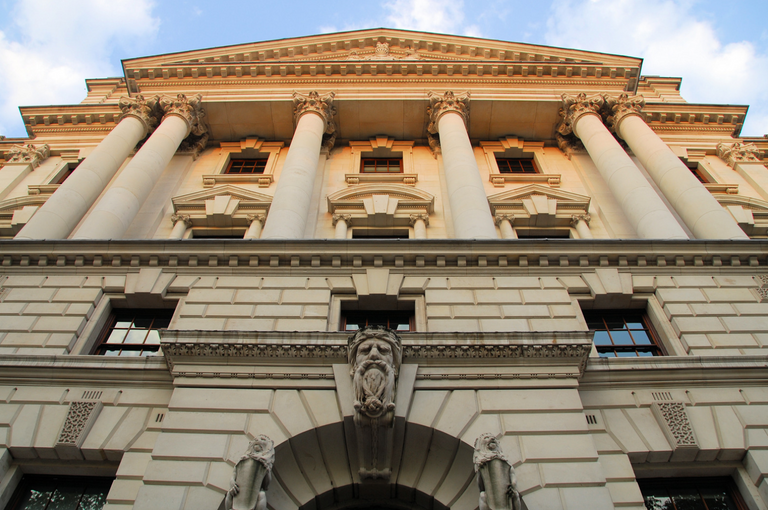
Imagine standing before a Monet painting, declaring it worthless, and then demanding it be regulated as though it were a betting slip. That's the kind of absurdity we're facing with the U.K. Treasury Select Committee's recent report on bitcoin and cryptocurrencies. The committee boldly asserts that these digital assets have no intrinsic value and likens them to gambling. There's a twisted kind of comedy in this perspective, much like watching a cat chase its own tail.
To start, the Committee makes a grand, sweeping generalization that investments equate to gambling. By this logic, everything from stocks to real estate to bonds is a mere roll of the dice. Investors worldwide would undoubtedly get a hearty chuckle from this. They're not risk junkies getting a thrill from a game of chance; they're professional risk takers, working within the boundaries of free markets where winners and losers are determined based on sound strategy and analysis. Framing the stock market as a glammed-up casino is akin to calling a fine dining restaurant a glorified fast-food joint.
The Committee's suggestion to regulate cryptocurrencies like casino games is similarly flawed. Cryptocurrencies are tradable assets, subject to the ebb and flow of market forces. We've got rules for securities, commodities, and currencies. It's time we stop the charade and categorize each crypto token accordingly.
Now, let's talk about intrinsic value. The Committee alleges that bitcoin and cryptocurrencies lack this. I'd like to call a spade a spade here and label this claim for what it is: a VERY dumb argument.
Intrinsic value is a human construct, a notion we conjured up to make sense of financial instruments. Ask two people about the intrinsic value of a business or a barrel of oil, and you'll get two different answers. It's subjective, fluid, and, dare I say, a little arbitrary.
Bitcoin and other cryptocurrencies do hold value, a fact proven by their trillion-dollar market cap. This value is recognized by hundreds of millions of people worldwide, from politicians to investors to businesses to individual citizens. The argument that these assets have no intrinsic value whatsoever is, frankly, preposterous.
So, what's their justification? They claim bitcoin and other crypto assets aren't backed by anything. This assertion underscores the Committee's lack of understanding. Bitcoin, for instance, is backed by computing power—the world's strongest computer network, to be precise. To argue that such a network lacks value is, again, a VERY dumb argument. In the digital age, computing power might be the most valuable commodity globally.
What's more, these ill-conceived, hyperbolic reports from government bodies often backfire. Instead of dissuading people, they undermine the government's credibility and stoke curiosity about the technologies they dismiss. The Streisand effect is in full swing: the more you try to suppress something, the more popular it becomes. Look at Nigeria and Pakistan, where government hostility towards bitcoin led to a surge in adoption.
In an era of increased transparency and rapid information dissemination, these attempts to demonize or dismiss cryptocurrencies are likely to serve as inadvertent marketing campaigns. As the mainstream media picks up on reports like the U.K. Treasury Select Committee's, awareness of these assets grows, driving more people to adopt and hold them long term. It's a delicious irony that the very reports that aim to discredit digital assets might end up being their greatest promotional tool. But hey, who am I to argue with such a beautiful twist of fate?
My name is Asteroids - well, that's my Hive name, anyways. I believe firmly in the future of Web3 technology and its potential to reshape our lives. I'm a serial entrepreneur and my aim in life is to always evolve and find new ways to leverage technology in my life.
As I continue to build things, I find new and important wisdom in all sorts of places. My goal here on Hive is simply to share that wisdom so that you can improve as well.
Working is as much about building good habits as it is about doing the actual work. Remembering this on a daily basis has changed my life for the better.
Until next time,
-A